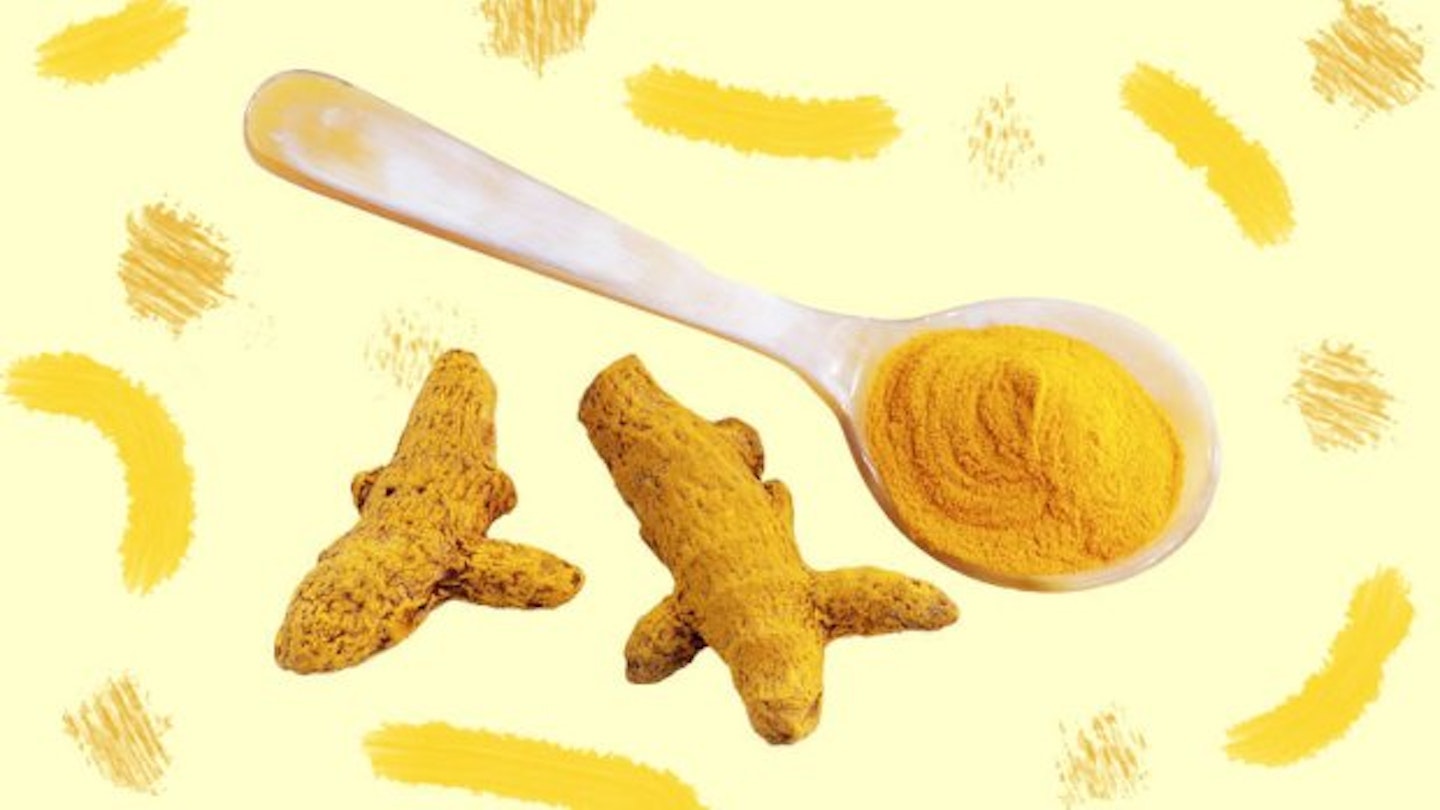Turmeric. It’s everywhere, isn’t it? There it is in the form of £3.50 turmeric lattes on your Instagram feed; fresh grated turmeric on food blogs; golden milk your mate's drinking every morning; turmeric in every recipe you see. Google Trends show searches for it have quadrupled since 2012. Turmeric is sand in our shoe. Unshakeable, yellow sand.
The turmeric trend isn’t just manifesting itself in the form of patronising advice from vloggers or recipes on Goop, or Amaro-filtered pics. Turmeric is also being used as shorthand for ‘good and healthy’ in ways that can be incredibly misleading, and lead to tragedies.
Jade Erick consented to a turmeric injection administered by a naturopath in a clinic in San Diego, California, recently. She went into cardiopulmonary arrest and died after the procedure. She was a 'free spirit' and interested in natural remedies, according to her friends, who also say that she was trying to cure her eczema which had recently flared back up. A medical examiner ruled that the spice was partly responsible for her death. She was just 30 years old.
While this is not a typical naturopathic treatment for eczema, it fits in with a wider pattern of clinically disproven, actively dangerous turmeric-based treatments being offered in California and beyond. There’s money to be made in these treatments - IV infusions can cost up to $400 in California clinics.
This absolute mania for attributing this huge variety of properties to one simple substance is nothing new - cf: coconut oil, apple cider vinegar, avocados, manuka honey. These are all foods that people enjoy (which is obviously great) and things that some believe makes their skin better, or their immune system stronger, also great. But once these benefits perceived by individuals are boosted to ‘miracle-cure-fix-all’ health clickbait status, then there's clearly something a bit odd going on.
It's believed that turmeric’s health-giving properties come from curcumin, the yellow pigment which makes up around 5% of the spice. Turmeric is, of course, widely used in Indian, Nepali, Bangladeshi and Pakistani cuisine and has been used for its health properties for centuries as an anti-inflammatory, but now it’s being touted by naturopaths as able to treat, prevent or cure a wide variety of serious conditions and diseases. Things that you normally need clinically proven medication or therapies for.
Turmeric and curcumin are referred to interchangeably as miracle cures for cancer, depression, high cholesterol, inflammatory bowel disease, and diabetes, for example. They’ve also been claimed to act as a stand-in for painkillers; to cure acne and sun spots; excess hair and baldness; to cure infertility and act as a contraceptive; to mimic the effects of steroids and cure candida. A few deeply irresponsible websites even say that it’s 'superior to medications.' Some of these over-inflated claims sound weirdly reminiscent of the kind of claims made by disgraced blogger Belle Gibson, who said she cured her own cancer with clean eating and was exposed as a fraud in 2015.
Turmeric - or more accurately, curcumin - is the cure du jour. Some naturopaths offer curcumin enemas claiming that they cures cancer and some UK clinics offer anti-cellulite and skin-tightening non-surgical treatments including curcumin, promising vague skin-improving benefits for £200 a pop. While Cancer Research UK have reported that there are some potential benefits in preventing precancerous cells becoming cancer in a very small clinical study and that there have been promising signs in studies involving mice, it stressed that nothing is conclusive at this stage and much more research is needed. The cancer charity also notes that there are stomach and skin problems associated with taking large quantities of curcumin.
A study publishedby the Journal of Medicinal Chemistry is much less optimistic about its so-called health-giving properties, saying: ‘unfortunately, no form of curcumin, or its closely related analogues, appears to possess the properties required for a good drug candidate’. It blames weak research for misinterpreting the results of their experiments. It argues that turmeric itself, rather than curcumin, could be more worthwhile investigating for health benefits.
It would be brilliant if something we can buy in corner shops could make us live longer. Who wants to go to the doctor when we could be fixed by something hanging around the back of our cupboards? A quick sanity test - who is saying this, does it sound realistic - will show that these claims about a spice might need to be taken with a pinch of salt.
Like this? Then you might also be interested in...
The Moderation Movement Food Trend Is Proof That We've Lost The Plot About Our Diets
This article originally appeared on The Debrief.
